- Savage Blog
- How Bullet Weight Impact Shooting Performance
How Bullet Weight Impact Shooting Performance
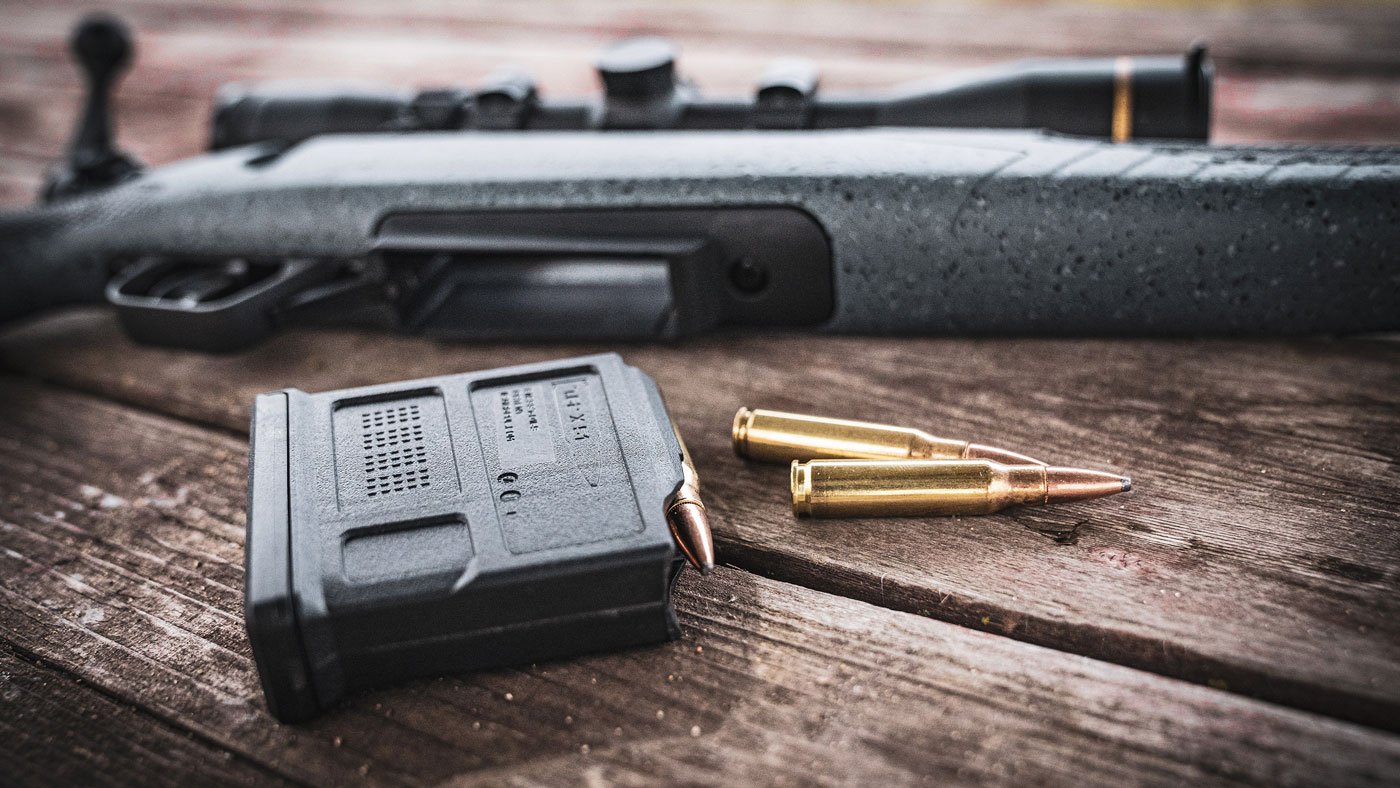
When it comes to choosing ammunition, one of the most important yet often overlooked factors is bullet weight. Whether you're a hunter, competitive shooter, or just a weekend plinker, the weight of your bullet can play a major role in how your firearm performs. Velocity, terminal energy, and accuracy can all be affected by bullet weight, impacting your performance in the field and on the range.
Let’s explore what bullet weight really means, how it’s measured, and how different weights affect performance across various shooting disciplines.
Measuring Bullet Weight
What Do Bullet Weights Indicate?
Bullet weight refers to how heavy the projectile of your cartridge is, not the casing, powder, or primer. This weight is measured in grains. There are 7,000 grains in one pound, and bullets typically range from about 30 grains in smaller rimfire calibers up to over 500 grains in rounds for dangerous game.
Grain Weight and Ammunition Choice
Manufacturers offer a range of different weights within the same caliber of bullet to allow shooters to tailor their ammunition to specific purposes. For example:
A 9mm handgun cartridge might come in 115-grain, 124-grain, and 147-grain varieties.
A .308 Winchester might be loaded with 150-grain, 165-grain, or 180-grain bullets depending on the application.
Each variation in bullet weight has trade-offs in terms of velocity, energy, trajectory, and terminal performance. Certain projectiles may also come in a specific grain weight for a certain application, such as being optimized for hunting at longer ranges.
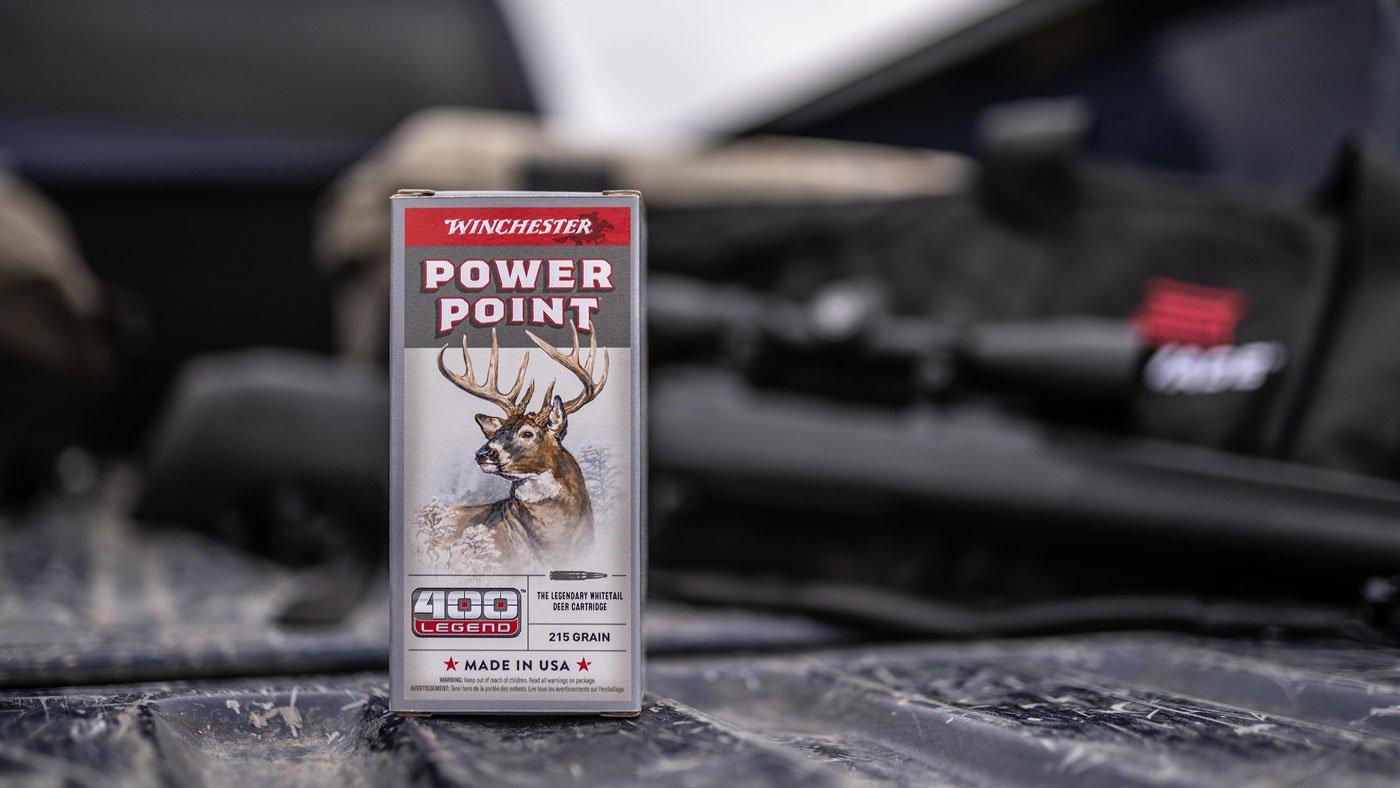
Heavy for Caliber vs. Light for Caliber
What Does "Heavy for Caliber" Mean?
A heavy for caliber bullet is one that’s at the upper end of the weight range for a particular caliber. These bullets can be slightly longer and designed for better penetration and energy transfer.
Examples:
.223 Remington: Most common grain weights for 223 are between 55 and 62 grains. Heavy for caliber bullets would be around 75–77 grains.
.308 Winchester: Commonly used 308 bullets weigh around 150 grains. Heavy for caliber bullets would weigh around 180–200 grains.
9mm: Most common 9mm rounds have bullet grain weights around 115-124 grains. Heavy for caliber rounds would include 147-grain projectiles.
Heavy bullets are typically preferred for hunting larger game, shooting at long range, or maximizing stopping power. They are also better suited for barrels with a faster twist rate.
What Does "Light for Caliber" Mean?
Conversely, a light for caliber bullet is on the lower end of the spectrum. These are shorter, faster, and generally offer flatter trajectories at short to medium ranges.
Examples:
.223 Remington: Light for caliber 223 bullets would weigh around 40-50 grains. Some manufacturers may go as low as 35 grains.
.308 Winchester: Light for caliber 308 bullets typically weigh around 130 grains, and are useful for hunting medium-sized game.
9mm: Light for caliber bullets for 9mm would be around 90 grains.
Light bullets are often used in competitive shooting or for hunting varmints and predators, both situations where speed and minimal recoil are beneficial for engaging multiple targets in a short amount of time.
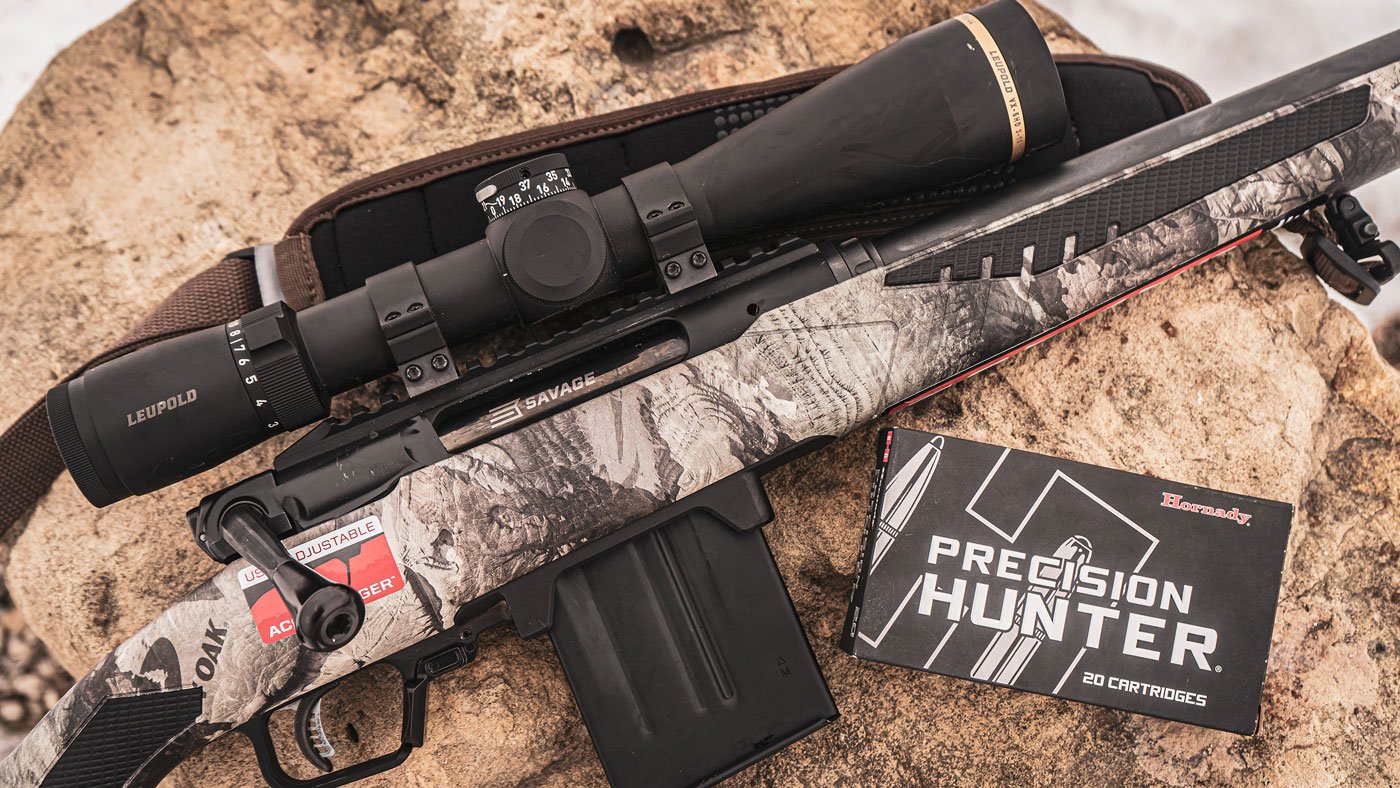
Bullet Weight Impact on Shooting
Ballistic Differences Between Heavy and Light Bullets
Each bullet weight influences the way the bullet travels downrange, how much energy it transfers upon impact, and how it performs under different conditions.
Impacts of Choosing a Heavier Bullet
Terminal Energy
Heavier bullets tend to retain more kinetic energy, making them ideal for hunting larger game or for situations requiring deeper penetration. This added mass helps the bullet stay intact through bone and thick tissue.
Velocity
Heavier bullets typically travel slower out of the barrel due to increased weight and inertia. This slower speed can reduce hydrostatic shock, but increase retained energy at longer distances.
Bullet Drop
With reduced speed typically comes more bullet drop. At intermediate ranges, a heavier bullet will often experience faster bullet drop than a lighter bullet. However, heavy for caliber bullets often have a higher ballistic coefficient (BC), meaning they will have less bullet drop over longer ranges compared to lighter bullets. This is primarily affected by bullet shape, so a boat tail or match bullet that is heavy for caliber will be much more likely to have a higher BC compared to a standard flat-base bullet.
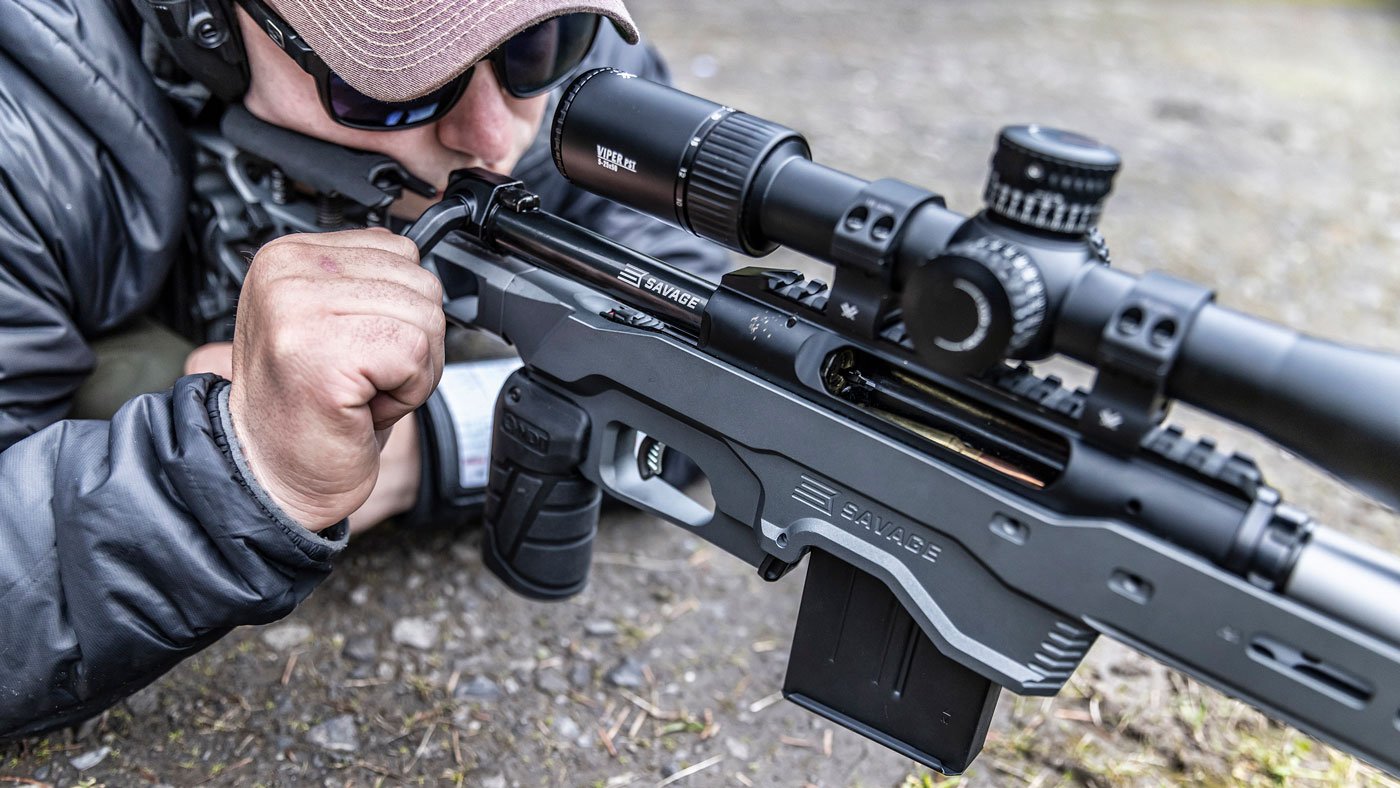
Impacts of Choosing a Lighter Bullet
Terminal Energy
While lighter bullets often lack the raw energy of heavier options, they can still be effective with high-speed expansion and fragmenting performance, especially in defensive applications or varmint hunting. Many light for caliber loads feature soft points, ballistic tips, and other expanding type bullets.
Velocity
Lighter bullets travel faster, often reaching higher muzzle velocities. This translates to flatter trajectories and less bullet drop when compared to a heavier bullet of the same caliber.
Bullet Drop
Due to their speed, lighter bullets shoot flatter, making them more forgiving in calculating bullet drop at short and intermediate ranges. However, they will lose velocity faster, meaning your effective shooting distance will be reduced compared to a heavier bullet and they will drop off much faster at longer ranges.
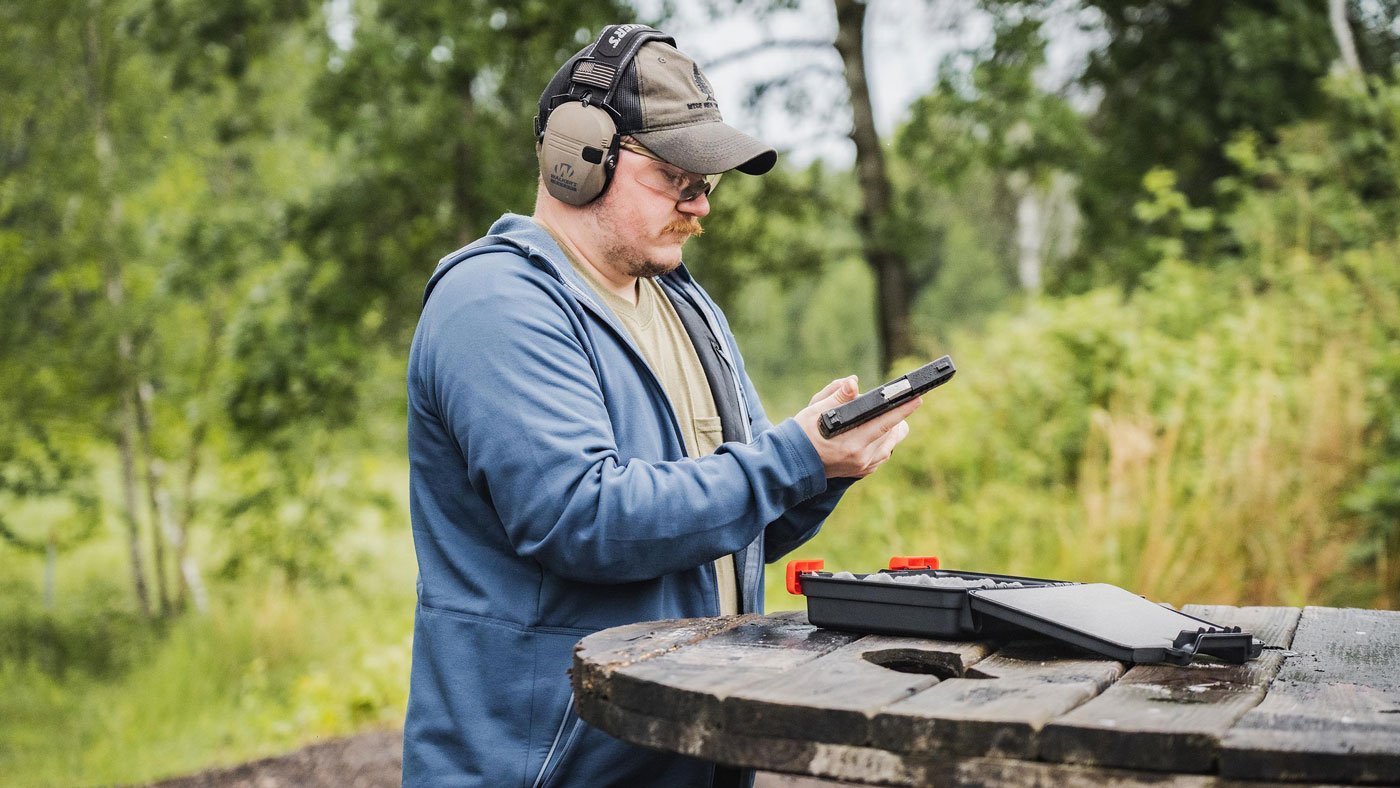
Choosing the Right Bullet Weight
Hunting Applications
When it comes to hunting, bullet weight selection is critical. Heavier bullets are preferred for larger game where deep penetration is required. Lighter bullets may work for smaller animals or when you need a flatter trajectory in open terrain.
Common Bullet Weights by Caliber
.243 Winchester: 95–100 grains is best for whitetail deer; 55–70 grains is ideal for varmints.
.308 Winchester: 165–180 grains works great for big game like elk and mule deer.
.30-06 Springfield: 150 grains for are best for deer; 180+ grains work well for elk or bear.
Always balance bullet construction and weight with expected shot distances and animal size. If you only have one rifle for hunting multiple types of game, experimenting with bullet weights can be an excellent way to get the right performance for each hunt.
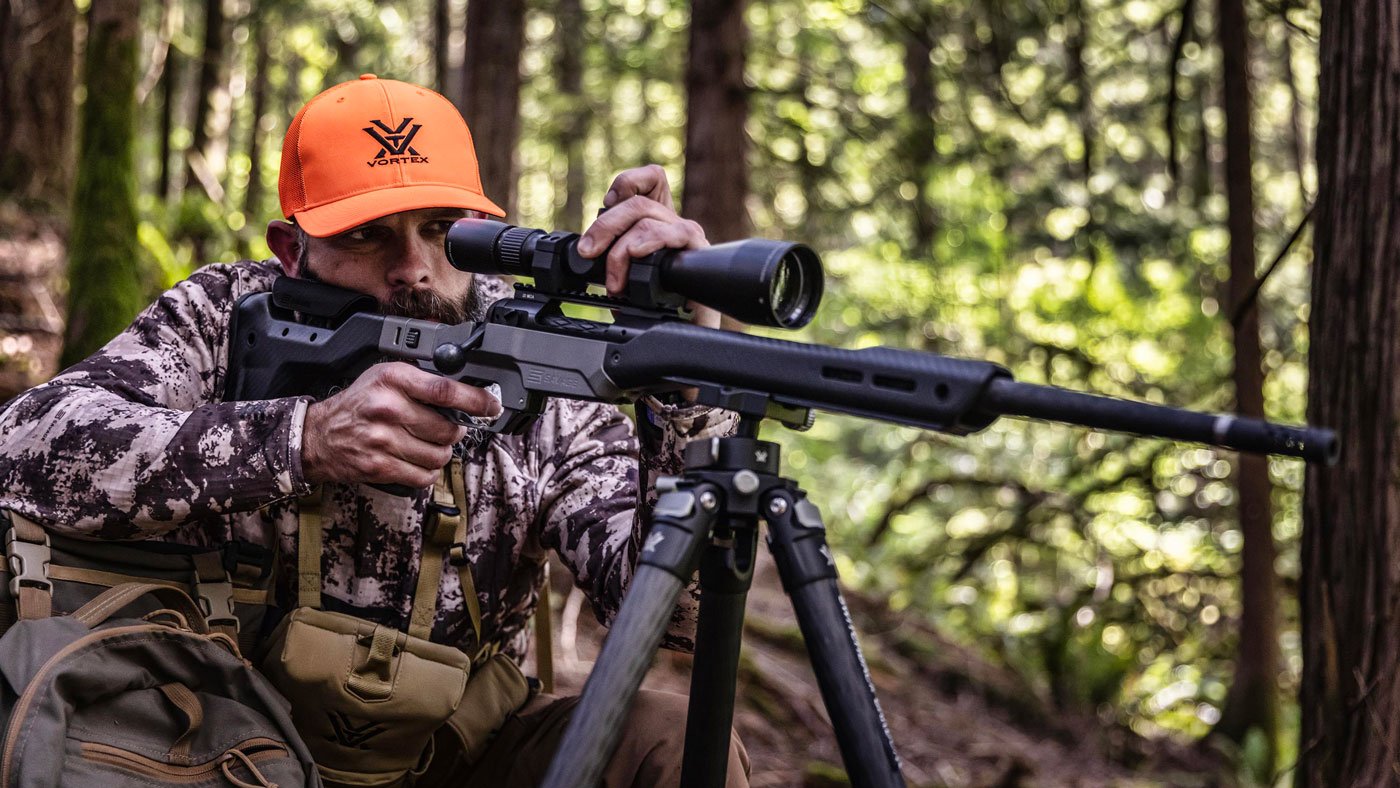
Shooting Sports
In competition, bullet weight can influence both your accuracy and recoil management.
Heavier bullets are often used in long-range precision matches due to better stability, farther effective ranges, and better wind resistance.
Lighter bullets are ideal in speed-based sports like USPSA or 3-gun because of lower recoil and faster speeds.
Examples:
.223 Remington: 69–77 grains is best for long-range precision; 55 grains or less for speed shooting.
9mm: 147 grains offer lower recoil for controllability in timed events.
Ballistic coefficients and wind drift are key considerations for long-range competitions where precision is paramount. When comparing the grain weights of bullets, also ensure that you are taking their BC values into account at the ranges you anticipate shooting at. 
Other Bullet Weight Indicators
If you’re new to hunting or shooting sports, you may not have the knowledge to know what bullet weight is considered heavy for a specific caliber, and what weight is considered light. Here are a few things you can look for to help you make an informed decision:
Research: Look at ammo listings online, talk to local gun store employees, and browse forums. Looking at different listings, you can often find a wide range of weights for a given cartridge and get an idea of what is heavy and light for a caliber.
Branding: Ammunition that is branded as subsonic will almost always be heavy for caliber ammunition. This is because subsonic ammunition has a velocity below the speed of sound, so the bullet must be heavier than normal to travel at reduced velocities.
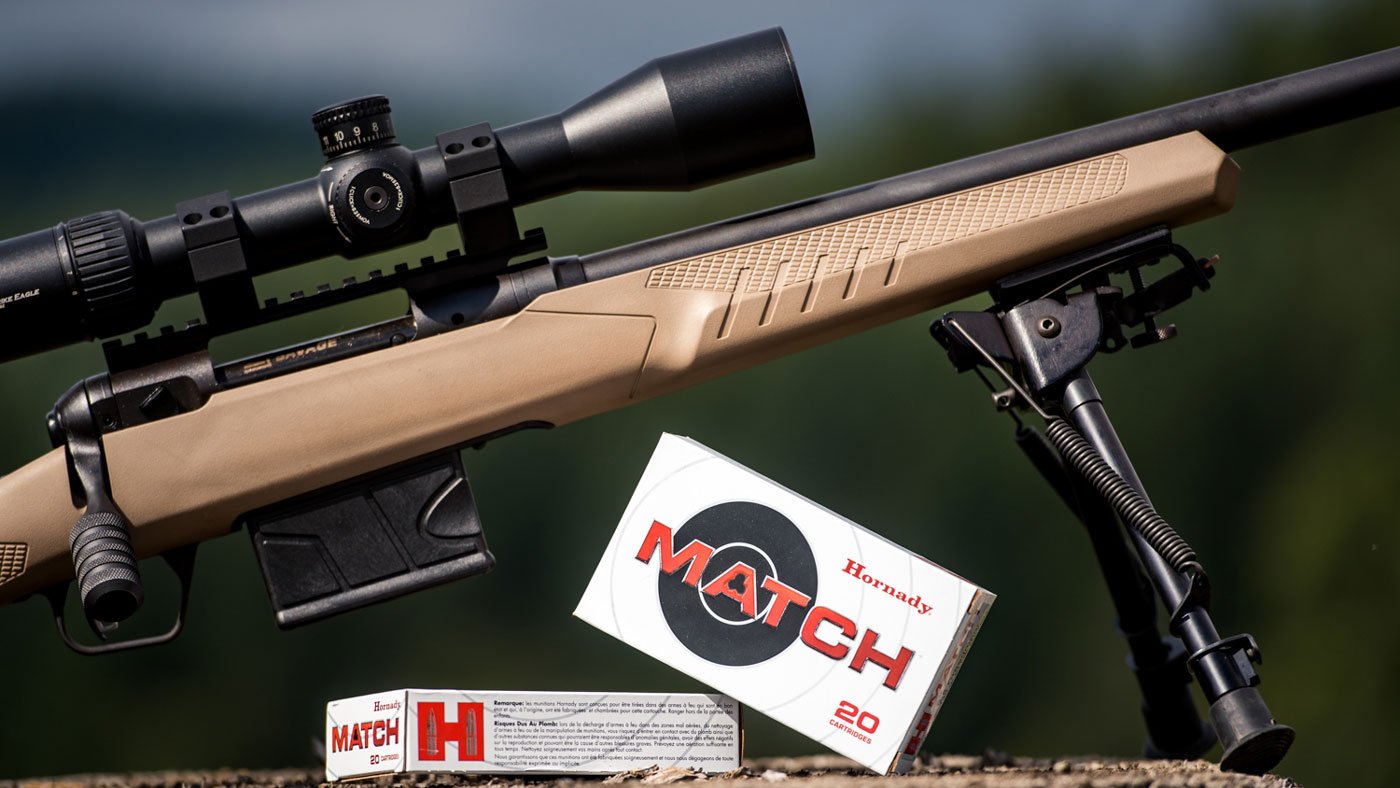
Understanding bullet weight is essential for tailoring your shooting experience to your needs. Whether you’re hunting elk in the mountains, dialing in your competition rifle, or selecting ammo for a day at the range, the weight of your bullet has broad impacts, from velocity and trajectory to terminal performance.
As with any firearm decision, personal preference, real-world performance, and shot placement matter more than anything else. But by learning how bullet weight affects your shooting, you’ll gain a powerful advantage that helps you make smarter choices every time you load a round.

